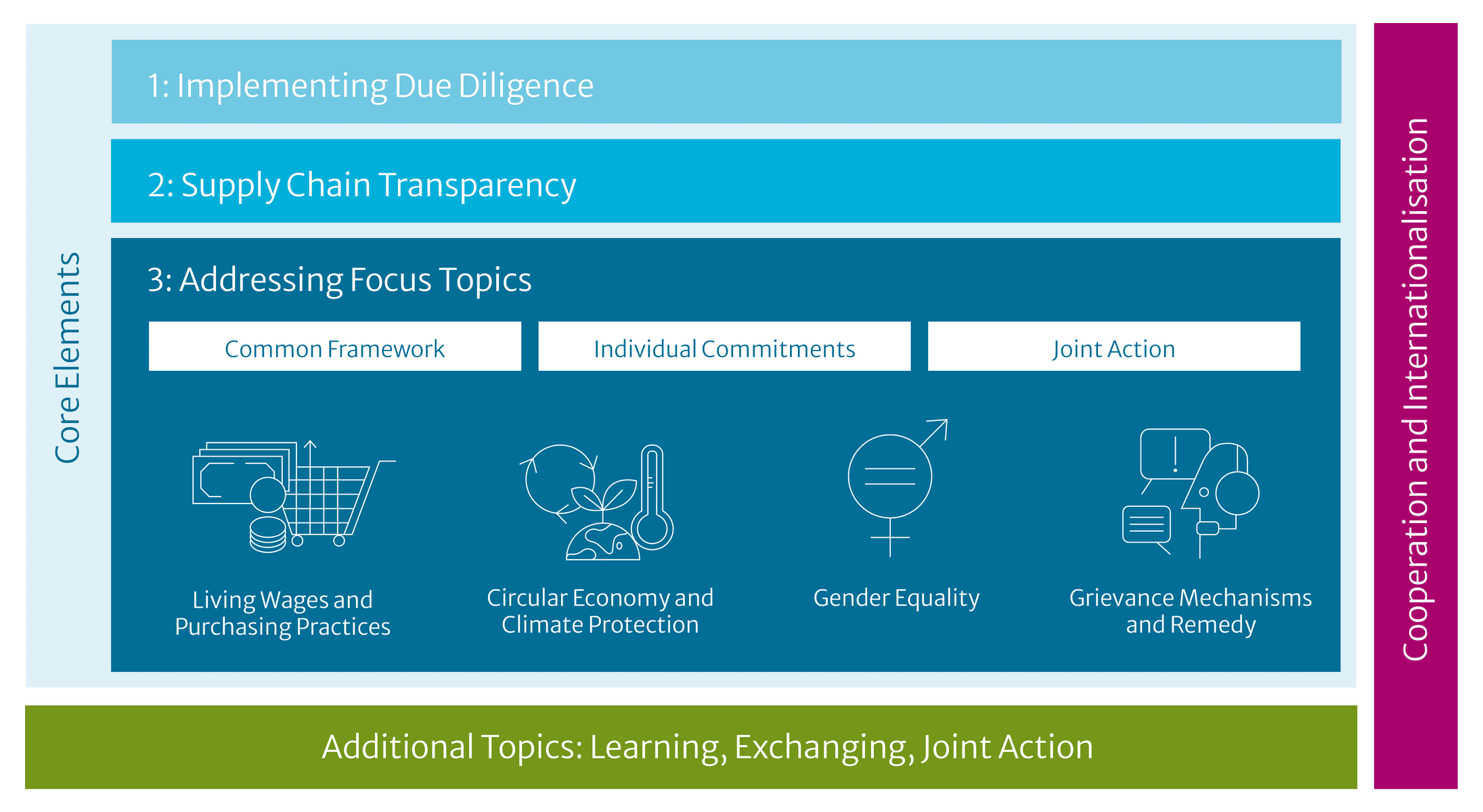About the Partnership
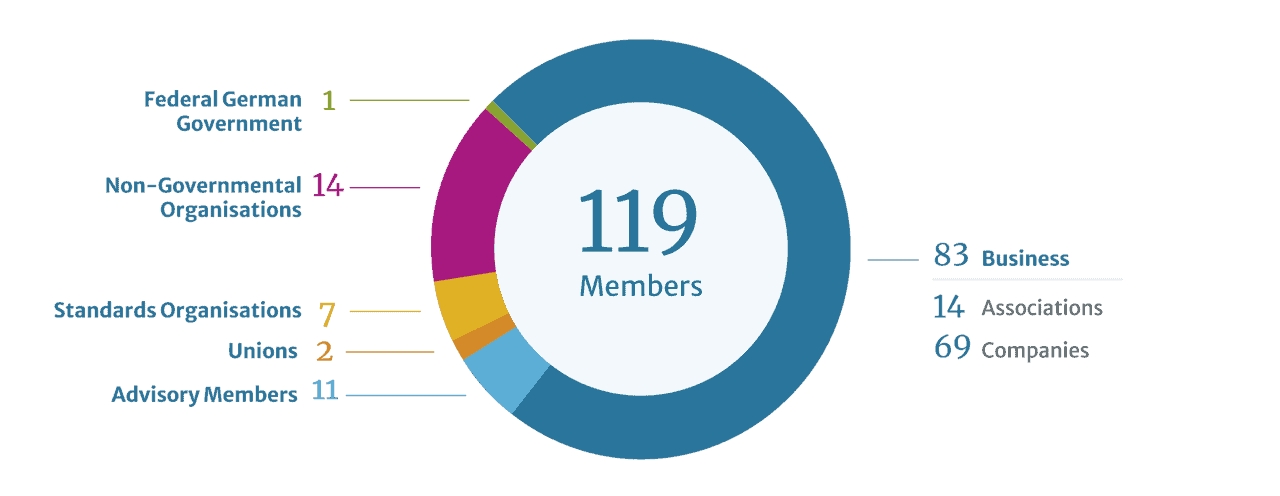
A strong multi-stakeholder initiative
The Textiles Partnership brings together all relevant actors: Companies, associations, non-governmental organisations, standard organisations, trade unions and the federal government.
How we work
We place a special focus on the implementation of human rights and environmental due diligence in Germany, Europe and worldwide. Together with our members, we promote transparency in textile supply chains. Four focus topics shape the work in the Textiles Partnership and the Joint Action of its members. In addition, there are further initiative topics. Lastly, we cooperate with many European and international initiatives and organisations.
Our focus topics
With its focus topics, the Textiles Partnership makes a positive contribution to central problems of the global textile industry. These include low wages, high resource consumption and greenhouse gas emissions,gender-based violence and discrimination, and the lack of opportunities to report grievances in the workplace.
There is a frame of reference for each focus topic. It provides orientation in terms of content and presents the desired benchmarks and implementation steps. In addition, there are "individual commitments" of the member companies: Using standardised indicators, each member can measure progress in the focus topics individually and the Partnership can measure progress in aggregate. Lastly, the members jointly implement projects that make a measurable contribution to achieving the goals formulated in the reference framework of the respective focus topics.

Partnership initiatives and projects
Where individual actors reach their limits, members can work together to achieve better results for both people and the environment in production countries. In Partnership initiatives and joint projects, several members are directly involved in the production countries, for example for living wages, good wastewater management, effective grievance mechanisms and improvements in working conditions in Tamil Nadu in southern India.
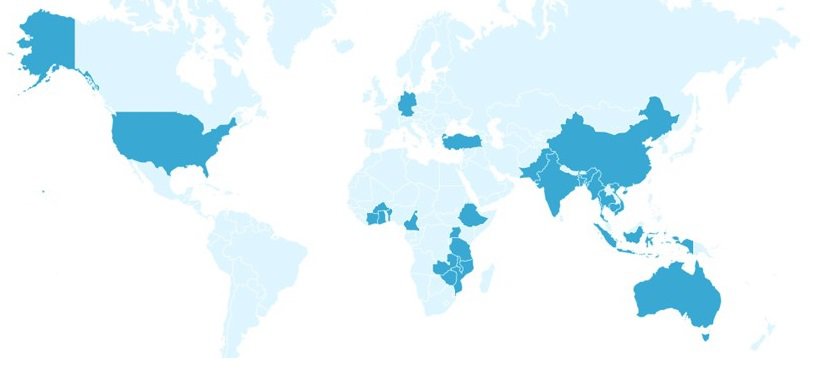
We are members

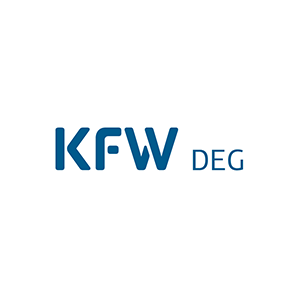
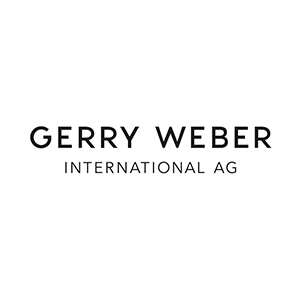

Recent articles
Annual Report 2023
Gib hier deine Überschrift ein Aktuelles 22.04.2024 Rückblick auf ein Jahr mit neuen Anforderungen und der Umsetzung der Neuausrichtung des Textilbündnisses Bei der Mitgliederversammlung am
10th Members' Meeting
Aktuelles 19.04.2024 Die Neuausrichtung geht in die Umsetzung! Zur 10. Mitgliederversammlung des Bündnisses für nachhaltige Textilien kamen rund 125 Teilnehmende nach Berlin. In Vorträgen, Workshops
Strengthening the rights of refugee workers in the textile sector
Aktuelles 04.04.2024 Die Mitglieder der Bündnisinitiative (BI) „Access to Remedy for (Refugee) Workers“ konnten sich bei einer Reise in die Türkei im März 2024 selbst
Next events
06. & 07.05.24 WGRWM Meeting and Mini-Conference on Textiles
We would like to point you to a conference organised by the Working Group of the International Solid Waste Association (ISWA) on Recycling and Waste Minimisation in Vantaa, Finland. The 2024 physical meeting of the ISWA Working Group, on May 7, 2024, is being held in combination with a mini-conference on Textile Re-use and Recycling on May 6. On the morning of May 7th, participants in the mini-conference and/or the WGRWM meeting can choose either a study visit on textile collection, sorting and recycling that starts at 8 am (at an additional cost for the bus), and a half-day workshop on socially and environmentally sustainable export of textiles.
More information can be found here.
08.05.24 Marktdialog: Nachhaltige Beschaffung von Textilien und Bekleidung
Das Beschaffungsamt des BMI lädt zum Marktdialog „Nachhaltige Beschaffung von Textilien und Bekleidung“ am 08. Mai 2024 in Bonn ein.
Weitere Informationen zum Programm und zur Anmeldung finden Sie here.
28.11.2024 Save-the-date: Veranstaltung 10 Jahre Textilbündnis
Weil wir gemeinsam mehr erreichen – Allianzen für die Stärkung von Menschenrechten weltweit. Eine Veranstaltung des BMZ mit Bundesministerin Svenja Schulze anlässlich 10 Jahre Bündnis für nachhaltige Textilien.
Weitere Informationen folgen.
Become a member of the Textiles Partnership!
Advantages of membership:
-
Networking
Exchange ideas with other members and learn from each other - at the working meeting, the members' meeting, in strategy groups, and at workshops.
-
for
The Textiles Partnership offers many guidances and manuals, tools and events and the Partnership Secretariat is there to support you if you have any questions.
-
Joint Action
You can join forces with other members to implement joint projects - together we achieve more!
How to become a member:
-

One-on-one consultation
Schedule a one-on-one consultation with the Partnership Secretariat.
-

Application form
Fill out the membership application form.
-

Admittance to the Textiles Partnership
The steering committee decides on the admission.
FAQ
What is the Textiles Partnership?
The Partnership for Sustainable Textiles is a multi-stakeholder initiative with members from the private sector (companies and associations), trade unions, non-governmental organisations, standard organisations and the German Federal Government. Together, they are committed to a social, ecological and corruption-free textile and clothing industry. In order to achieve its goals, the Textiles Partnership places particular emphasis on the implementation of corporate due diligence obligations in Germany, Europe and worldwide. Here you will find further information on the Textiles Partnership.
Who can become a member of the PST?
In light of the complex global challenges facing the textile and garment industry, real change requires the participation of all stakeholders. As a multi-stakeholder initiative, the Textiles Partnership therefore brings together companies in the textile and garment industry and trade with other actors who are active on the subject of sustainable textiles – including associations, non-governmental organisations, trade unions and standard organisations. The German Federal Government is represented by three Federal Ministries. In addition, scientific institutions or federal authorities can become advisory members. Further information on the membership
Which topics does the Textiles Partnership deal with?
Schwerpunktmäßig bearbeitet das Textilbündnis vier Fokusthemen: 1) Living wages and purchasing practices, 2) Kreislaufwirtschaft und Klimaschutz, 3) Gender equality und 4) Grievance mechanisms and remedy.
There is a frame of reference for each focus topic. It provides orientation in terms of content and presents the desired benchmarks and implementation steps. In addition, there are "individual commitments" of the member companies: Using standardised indicators, each member can measure progress in the focus topics individually and the Partnership can measure progress in aggregate. Lastly, the members jointly implement projects that make a measurable contribution to achieving the goals formulated in the reference framework of the respective focus topics.
Are there membership fees?
No membership fees are charged for a membership in the Partnership for Sustainable Textiles. Costs may arise for assessment meetings as part of the Review Process as well as for participation in Partnership initiatives and projects in production countries.
What distinguishes the Textiles Partnership from the "Green Button" label?
The Textiles Partnership and the Green Button are based on the same fundamental international agreements of the UN on compliance with human and workers' rights, environmental protection and the prevention of corruption, as well as on corresponding EU guidelines and initiatives and on the recommendations of the OECD. Both strive for the consistent implementation of human rights and ecological due diligence obligations. While the Textiles Partnership pursues this goal as a multi-stakeholder initiative with learning, dialogue and reporting formats, information, joint measures in production countries and a broad international cooperation network, the Green Button is a state meta-label for which companies must fulfil certain Anforderungen an die unternehmerischen Sorgfaltsprozesse und die Produktion product and company criteria. Through active membership in the Partnership, companies can prepare for possible certification with the Green Button. In addition, the Green Button 2.o audit report will be recognised in the PST Review Process from 2023 onwards. Further information on the Green Button website and on other (textile) certifications and labels on Siegelklarheit.
What is the added value of a membership in the Textiles Partnership?
As the first point of contact for all companies that want to assume their ecological and human rights responsibility throughout the entire supply chain, the Textiles Partnership offers a broad network and support. Among other things, it is a platform for learning and dialogue: the members network within and with the other stakeholder groups. They share their knowledge and work together on best practices, for example in webinars and workshops, expert and working groups as well as with the help of tools and support materials. In addition, the members join forces in Partnership initiatives and projects and, thus achieve improvements and progress in the producing countries that would hardly be possible on their own.
How does the Textiles Partnership support the implementation of the Supply Chain Care Obligations Act?
In 2021, the German Federal Government passed the Supply Chain Care Obligations Act (LkSG). The law lays down requirements for the due diligence obligations of companies. The Textiles Partnership is also committed to the implementation of due diligence obligations and is guided by international standards. With the Review Process, the Textiles Partnership has developed an implementation framework and a reporting format for corporate due diligence. Companies in the Textiles Partnership, for example, are therefore familiar with the systematic analysis of their risks and are therefore well prepared for the requirements of the law. However, a membership in the Textiles Partnership and participation in the Review Process are not proof of compliance with the legal requirements. On the homepage of the German Federal Ministry for Economic Cooperation and Development you will find further information on the Supply Chain Act.



